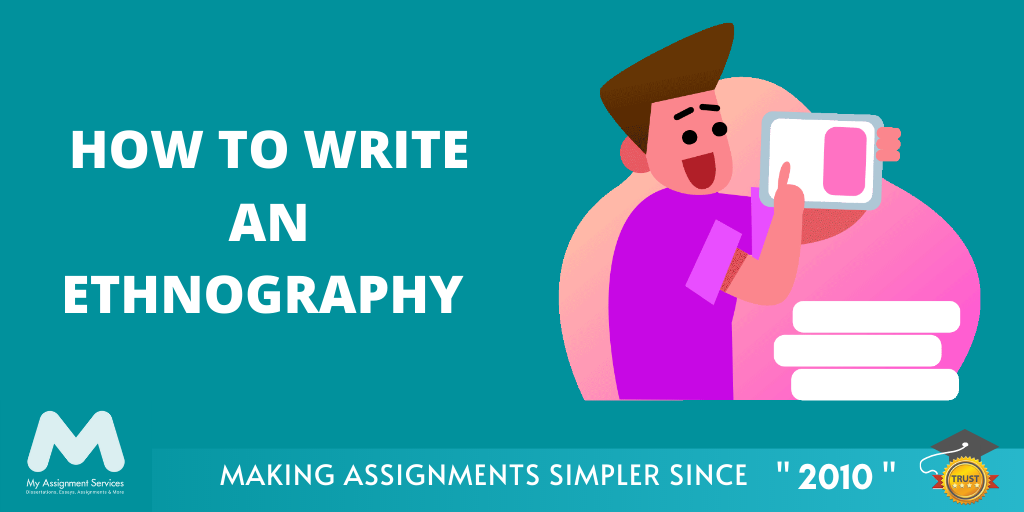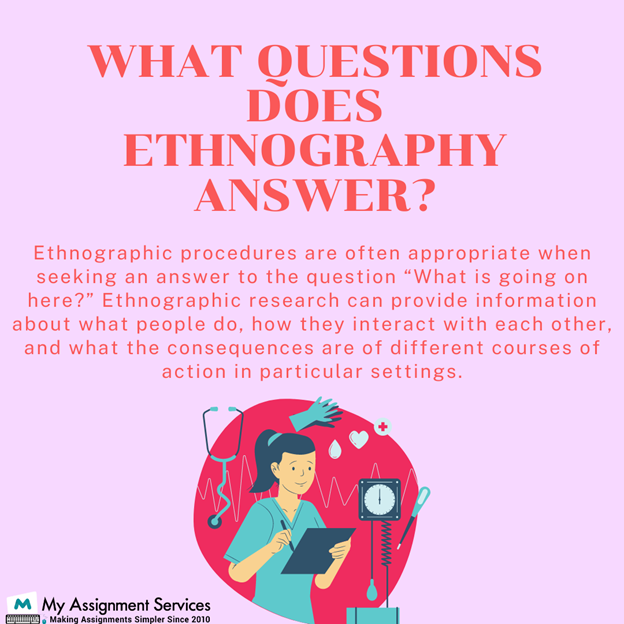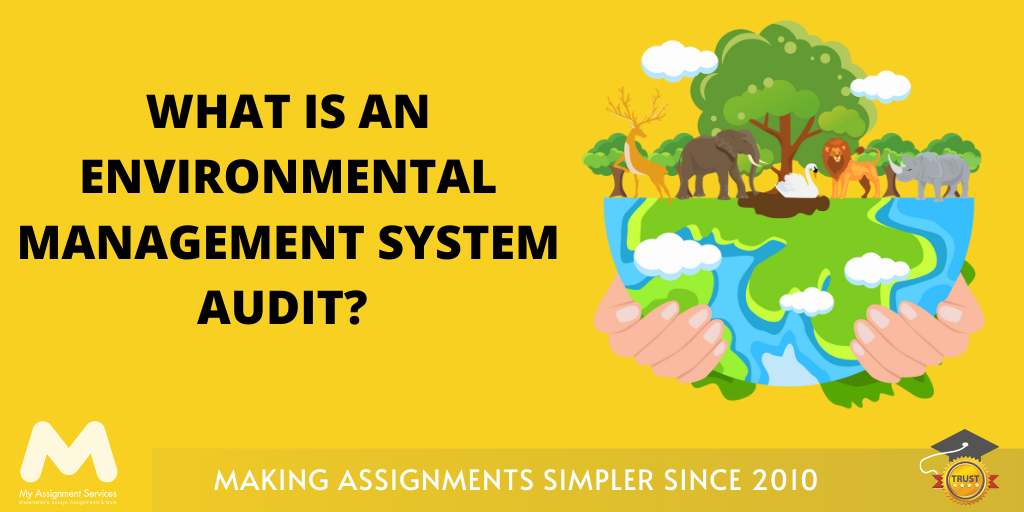
Ethnography is a type of qualitative research that requires integrating themselves in a group or organisation and closely observing their actions and relationships. The term "ethnography" also refers to the ethnographer's post-research written report.
Ethnography is an exploratory research method for understanding a group's shared culture, customs, and social dynamics. However, it raises several ethical and practical concerns.

What is the Purpose of Ethnography?
Ethnographic research has its roots in anthropology. It typically entails an anthropologist living in a remote tribal tribe for an extended period of time to learn about their culture.
This type of research can take years to complete. Colin M. Turnbull, for example, devoted three years to the Mbuti people in order to publish the classic ethnography The Forest People. Ethnography is increasingly widely employed across a wide range of social science disciplines, not simply anthropology. It's used to learn about distant or foreign civilisations and community service in the author's own neighbourhood.
Ethnographic research (also known as participant observation) has been used to look into gangs, football fans, call centre workers, and policemen, among other things.
How to Write an Ethnography?
Do you know social scientists, such as anthropologists and sociologists, using ethnography to disseminate their fieldwork to a wider audience? Although journalists' and social scientists' work is frequently contrasted since they both watch and investigate human behaviours and experiences, ethnography is distinct in that it may tie its findings to social theories and give rich content with layers of inquiry.
These Five Components Are Required to Write a Basic Ethnography
A thesis: The thesis provides the research study's fundamental concept and message. This will aid in the organisation of your paper and its integration around a single main idea. It will also assist the reader in recognising the significance of the cultural trend you've researched. It might range from one to two sentences in length.
Literature review: A literature review is an examination of prior research on the subject of your study. This will assist you in gathering background knowledge so that you may better comprehend the significance of your study issue. You must assess the study topic, research methods, research outcomes, strengths and shortcomings, and how your research study will contribute to this research in your analysis of each article. You must include one to 5 research articles on your study topic, depending on the length of your ethnography.
Data collection: The data gathering section explains the techniques you used to obtain quantitative and/or qualitative data. This will aid in the development of your study design's dependability and validity.
Data analysis: The interpretation of the data you collected is called data analysis. This will assist give your facts a sense of significance and help you connect them to your argument. It would help if you also gave a social theoretical explanation of your findings. Include graphs of your data based on your data and what your audience wants.
Reflexivity: When you express your motives for completing a research study and the restrictions you encountered during the research endeavour, you demonstrate reflexivity. This will help clear any misunderstandings in your data and erase any bias the audience may have about your personal investment in the research project. Also, make a distinction between how your research project adds to your field of study.

Make field notes as soon as you begin your investigation. All of your experiences, no matter how insignificant, should be documented in the field notes. They'll assist you in deciding what kind of writing style to use. Due to a large number of observations, many students become overwhelmed when writing it. It's difficult for them to restrict their focus. When it comes to human behaviour and social ideas, it's all too easy to get sidetracked and lose track of the main point. You'll need to separate the paper into sections. The following are some of the most important actions to take:
Understanding the Topic And Audience
You must know your audience before creating any content. It will assist you in perfecting your tone and style. To make your message to the reader, you must first understand who they are. If you're writing it for a student, include a quick explanation of why and how you used the tactics you did. If it's for a journal, you can concentrate on the journal articles' writing style.
Because social behaviour is such a vast topic, many students find it difficult to concentrate their attention. If they don't, they'll almost certainly wind up with a hazy report. It is unlikely to pique the readers' interest. It will confuse rather than educate the readers. You must first determine which component of the culture you wish to research. You can start working on your objective as soon as you have a clear picture of it.
Targeted Community
You have a choice if you are not lucky enough to be a member of the community on which your ethnography will be based. It would help if you preferably gained insights from the work of other ethnographers who have studied your target population.
Thesis Statement And Outline
An ethnography's thesis statement is a crucial component. It establishes the focus of your investigation. It will assist the reader in comprehending the paper's main point. It is beneficial to refer to the thesis statement when drafting your paper. It will assist you in staying focused on the key theme and rationally integrating your findings. It might aid in the organisation of your creative writing on paper. The purpose of the thesis statement is for the readers to understand the significance of the social issue you researched.
You proceed to the next phase after determining the theme, central idea, and thesis statement. It is the design of an ethnographic writing outline. You can make use of your own research work to help you out. The outline will assist you in keeping track of your writing and data collection. You'll learn how to engage with different types of people, how to apply your everyday life experiences, and more. To assist in the creation of the outline, you will review the ethnographic data from the field locations. It will also make the writing process simpler. Your report will be divided into sections, allowing you to concentrate on one section at a time and avoid unnecessary repetition.
Literature Review
An ethnographic report must include a literature evaluation. It's a condensed summary of previous research on your current issue. It aids in the gathering of data and lends credibility to your job. It also gives you a framework on which to build your case. When writing a literature review, you must concentrate on the complete subject from beginning to end. Analyzing research methodologies and data analysis strategies can assist you in better understanding the ethnographic description approaches to apply. Typically, 3 to 5 literature reviews should be included in your paper.
The data-gathering instruments you utilised should be included in your ethnographic report. Furthermore, you have explained why you chose those strategies. You must present the findings of your data collection. There are two approaches for gathering data:
- Qualitative research
- Quantitative research
The analysis of the data is the next phase. It is dependent on how the researcher interprets the ethnographic data from the field site. You only collect data when you use data collecting. You use it to acquire outcomes in this step. You can evaluate the data and tie it to their thesis statement using a variety of social theories. This phase also aids in the removal of any extraneous information.
Writing The Intro And Conclusion
It's a good idea to write the introduction and conclusion last. The report's summary is summarised in the introduction. It tells the story from the perspective of the paper in the first place. It can help you better articulate your thoughts if you write them towards the conclusion. It will assist you in establishing a foundation for your thesis statement.
A conclusion is required in every academic report. The conclusion ought to be brief and to-the-point. A long finish will lose the audience's attention. It should summarise the research's most important findings as well as your interpretation of them.
The Final Draft
Proofreading and editing are the last steps in composing an ethnography. You proofread the paper once you've finished writing it to make sure there are no errors or mistakes. You can even have a colleague read it as if it were a case study and assist you in making any necessary modifications. You can tell if the document is centred on the key theme of the thesis statement at this point. It's ready to submit or publish once you've finished editing the final manuscript.
The Wrap
An ethnography is a difficult assignment. Due to the abundance of data from the field sites, it is difficult for students to locate a beginning point. A writer can express their research points and incorporate them into a well-written ethnographic report by following these steps.
My Assignment Services can assist you with every point in how to write an ethnography. No matter what level, of course, you are pursuing, our ethnology assignment help is here to assist you from scratch.
An amazing team of experts from practically every sector of science and technology provides science assignment help through individualised sessions. When you are feeling overwhelmed by academic pressure, the specialists are trained to provide direction, expertise, and support.
Hurry up! Book your session now.
Related Study Materials
Our Experts can answer your Assignment questions instantly.
Ask Question0 Comment
Get It Done! Today
1,212,718Orders
4.9/5Rating
5,063Experts













Loved reading this Blog? Share your valuable thoughts in the comment section.
Add comment